

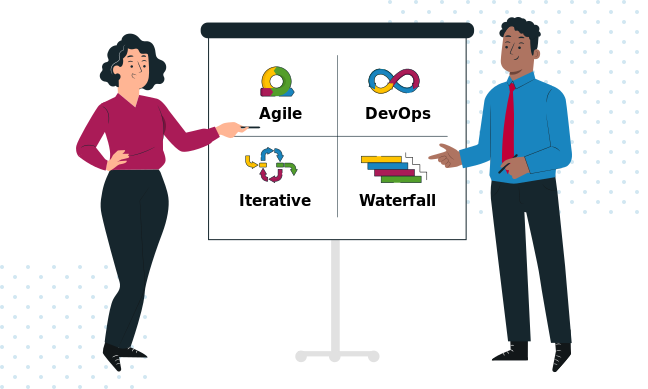
Our various project execution models ensure timely deliverables and quality software solutions. We follow DevOps, Agile, Waterfall, and Iterative models based on the project requirement, scope, and functionalities. Our detailed execution strategy and selection of the right execution model help us deliver better, faster, and desired outcomes.
Our project execution methodologies are based on the guidelines proposed by the Project Management Body of Knowledge, spearheaded by the PMI – Project Management Institute; confirm Quality, taking care of the Cost, Scope, and Time requirements of each project.
They are time-tested, reliable, and conclusive.
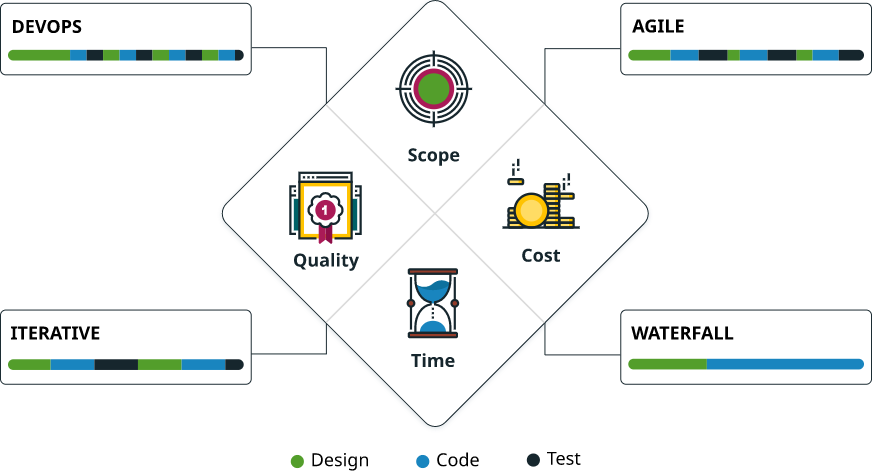
DevOps aims at faster and quicker delivery of applications, keeping in sync with customer feedback at all times bridging the gap between the development & operations teams. Faster delivery cycles enable innovative solutions by quickly delivering new capabilities and reducing the time lost in obtaining & implementing feedback.
Delivering the highest level of Agility & DevOps practices improves customer satisfaction, and efficiency of the software and in turn increases the ROIs.
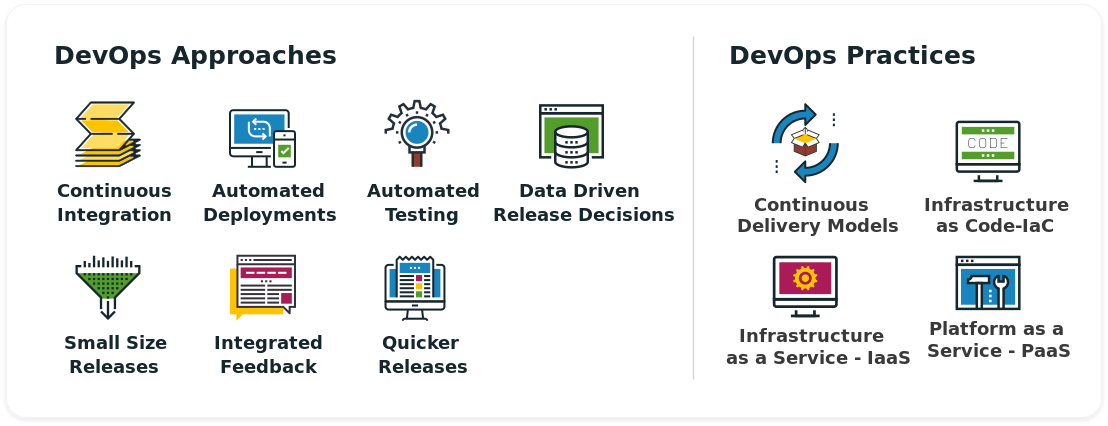
Agile Software Development, a group of software development methods based on iterative and incremental development enforce collaboration between organized, collaborative teams for evolving requirements and their solutions compelling responsive planning, evolutionary development and rapid and flexible response to change. Scrum is a software development framework for managing software projects and product or application development where our software development teams collaborate with customers at every phase of development, respond to the changes desired and deliver iterative and incremental working software.
SPEC INDIA abides by the Agile manifesto at all stages of development using Agile Scrum project execution methodology and has certified Scrum Masters as a part of the core teams. Our proficiencies lie with prominent tools like Confluence & Jira.
The Agile Manifesto
“We are uncovering better ways of developing software by doing it and helping others do it. Through this, we have come to value –
That is, while there is value in the items on the right, we value the items on the left more”
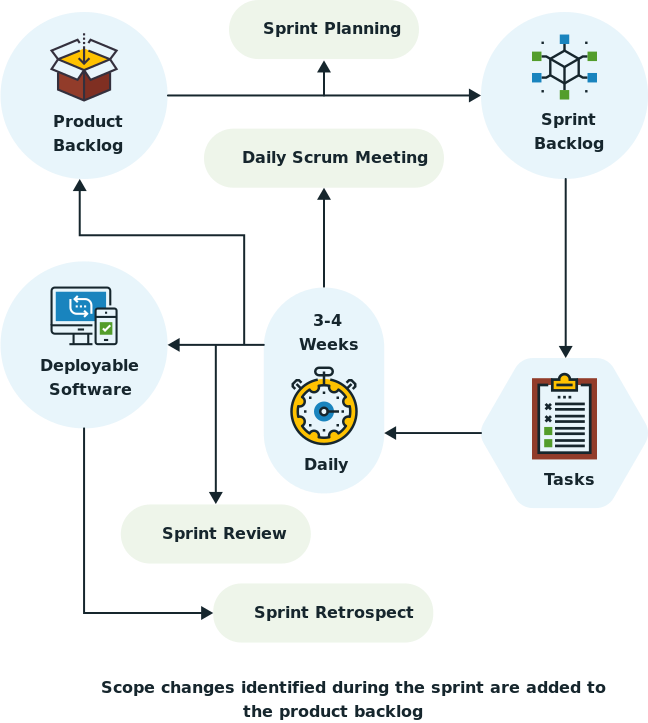
The Iterative Development approach divides the project is into small parts allowing the development team demonstrate results earlier on in the process and obtain relevant feedback from system users. Each iteration is a Waterfall process itself, with the feedback from one phase providing vital information for the next phase. In a variation to this model, the software deliverables at the end of each step go into production immediately as incremental releases.
Each phase has specific deliverables and force clear understanding of requirements, making it very reliable.
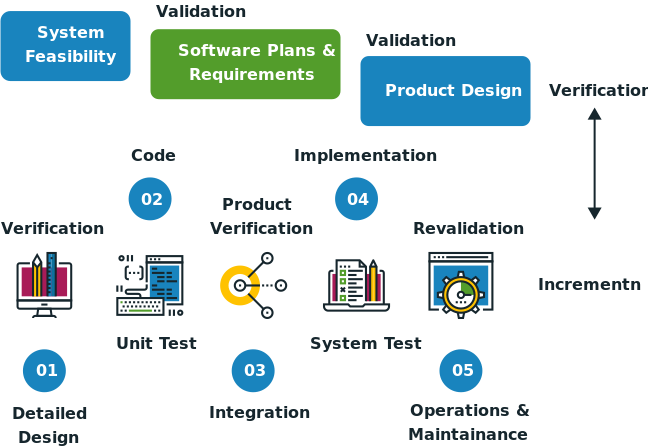
This classical model of software project development follows a sequential design process, in which progress is seen as the fall of water, through the phases of Requirement, Design, Development, Testing, Deployment and Maintenance. As this model emphasizes planning in early stages, it keeps a check on design flaws before development. In addition, its intensive document and planning make it work well for projects in which quality control is established well as in all our projects.
This method is easy to understand and implement and reinforces one of the best practices for software development.
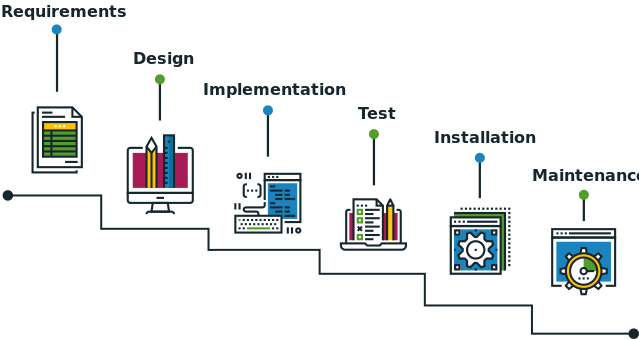
SPEC House, Parth Complex, Near Swastik Cross Roads, Navarangpura, Ahmedabad 380009, INDIA.
This website uses cookies to ensure you get the best experience on our website. Read Spec India’s Privacy Policy